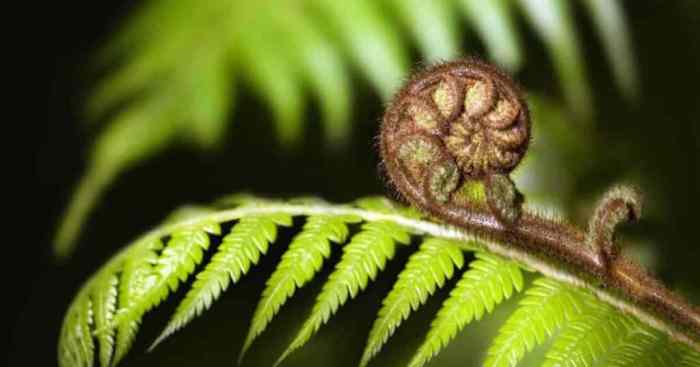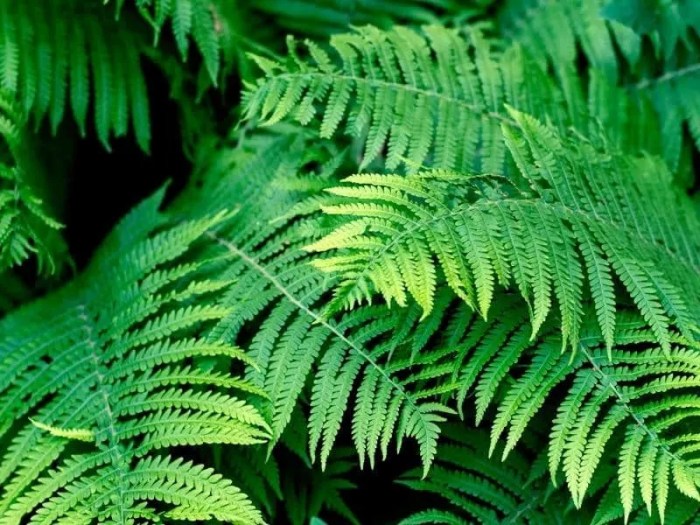Do deer eat foxtail ferns? This question sparks curiosity among nature enthusiasts and those interested in wildlife dietary habits. Foxtail ferns, with their unique appearance and presence in various habitats, raise questions about their role in the deer diet. Join us as we explore the fascinating relationship between deer and foxtail ferns, uncovering the factors that influence consumption and its potential effects on deer health and management practices.
Foxtail ferns, characterized by their delicate foliage and feathery appearance, are found in moist woodlands, meadows, and along stream banks. Their nutritional composition, including essential nutrients and the presence of certain compounds, plays a role in deer consumption patterns. Deer, known for their diverse feeding habits, have specific preferences for certain plant species, and foxtail ferns may fall within their dietary choices.
Foxtail Fern Identification: Do Deer Eat Foxtail Ferns

Foxtail ferns, also known as Asplenium platyneuron, are easily recognizable by their unique appearance. These ferns feature delicate, feathery fronds that resemble the tail of a fox, hence their name. The fronds are composed of numerous leaflets, each with a serrated or toothed edge.
The leaflets are arranged alternately along the central stalk, giving the fern a graceful and airy appearance.Foxtail ferns are typically found in moist, shaded areas, often along streams, ravines, or in the understory of forests. They prefer well-drained soils that are rich in organic matter and have a slightly acidic pH.
These ferns can also be found growing on rocks, cliffs, and other surfaces where they can access moisture and nutrients.
Nutritional Value of Foxtail Ferns

Foxtail ferns, also known as Asparagus aethiopicus, are edible plants that have been consumed for centuries in various cultures. They are a good source of several essential nutrients, including vitamins, minerals, and antioxidants.The nutritional composition of foxtail ferns varies depending on the specific species and growing conditions.
However, in general, they are a good source of:
- Vitamin C: Foxtail ferns are a rich source of vitamin C, an essential nutrient for immune function and collagen production.
- Vitamin A: Foxtail ferns contain beta-carotene, which the body converts into vitamin A. Vitamin A is important for vision, immune function, and skin health.
- Iron: Foxtail ferns are a good source of iron, a mineral that is essential for oxygen transport and red blood cell production.
- Calcium: Foxtail ferns are a good source of calcium, a mineral that is essential for bone health and muscle function.
- Potassium: Foxtail ferns are a good source of potassium, a mineral that is essential for electrolyte balance and blood pressure regulation.
Toxicity and Harmful Substances
While foxtail ferns are generally considered safe to consume, it is important to note that some species may contain toxic substances, such as saponins and alkaloids. Saponins can cause digestive upset, while alkaloids can be toxic to the nervous system.It
is important to consume foxtail ferns in moderation and to avoid consuming large quantities, especially if you are pregnant or breastfeeding. If you have any concerns about the safety of consuming foxtail ferns, it is best to consult with a healthcare professional.
Deer Dietary Habits

Deer are herbivorous mammals, primarily feeding on a wide variety of plant material. Their diets vary depending on the availability of food sources, but generally include a mix of browse, forbs, and grasses.
Browse
Browse refers to the leaves, twigs, and stems of woody plants. Deer commonly consume browse from shrubs, trees, and vines. Some preferred browse species include oak, maple, aspen, and birch.
Forbs
Forbs are non-woody, broad-leaved plants that include wildflowers, legumes, and ferns. Deer often graze on forbs during the spring and summer months when they are actively growing.
Grasses
Grasses are narrow-leaved plants that provide deer with essential nutrients. Deer commonly consume grasses such as bluegrass, fescue, and brome.
Foxtail Fern Consumption by Deer

Deer are known to consume a wide variety of plant species, including ferns. Foxtail ferns, with their delicate fronds and mild taste, are no exception.
The extent to which deer consume foxtail ferns depends on several factors, including availability, palatability, and nutritional value.
Availability
The availability of foxtail ferns in a given area will influence whether or not deer consume them. Deer are more likely to feed on foxtail ferns if they are abundant and easily accessible.
Palatability, Do deer eat foxtail ferns
The palatability of foxtail ferns to deer is another important factor. Deer prefer to consume plants that are palatable, meaning they have a mild taste and are easy to digest.
Nutritional Value
The nutritional value of foxtail ferns is also a factor in deer consumption. Deer require a diet that provides them with essential nutrients, such as protein, carbohydrates, and minerals. Foxtail ferns contain moderate levels of protein and carbohydrates, but they are not a rich source of minerals.
Potential Effects on Deer Health

Foxtail ferns contain various compounds that can potentially affect deer health. Ingestion of large quantities may lead to adverse effects, while moderate consumption can provide certain benefits.
Beneficial Effects
Foxtail ferns contain antioxidants and anti-inflammatory compounds that may have health benefits for deer. These compounds can help protect cells from damage and reduce inflammation throughout the body.
Curious about whether deer consume foxtail ferns? Uncover the answer by delving into the depths of pals test version b pdf , a treasure trove of knowledge. Once you’ve satisfied your curiosity about the dietary habits of deer, return to the fascinating topic of foxtail ferns and their ecological significance.
Adverse Effects
High consumption of foxtail ferns can lead to digestive issues such as diarrhea and vomiting. The presence of silica in the leaves can also cause irritation and damage to the digestive tract. In severe cases, it can lead to malnutrition and weight loss.
Implications for Deer Management

The consumption of foxtail ferns by deer has significant implications for deer management practices. Understanding the effects of this fern on deer health and population dynamics can help wildlife managers develop effective strategies to manage deer populations in areas where foxtail ferns are present.
Strategies for Deer Population Management
- Habitat Modification:Altering the habitat to reduce the availability of foxtail ferns can help limit deer exposure to the toxin. This may involve removing or controlling the growth of foxtail ferns through mechanical or chemical means.
- Population Monitoring:Regular monitoring of deer populations in areas with foxtail ferns can help identify any potential health concerns or population declines. This information can guide management decisions and allow for timely interventions.
- Supplemental Feeding:Providing alternative food sources during periods when foxtail ferns are more prevalent can help reduce deer reliance on the fern and mitigate potential health risks.
- Controlled Hunting:Regulated hunting can be used to manage deer populations and reduce the number of individuals exposed to foxtail ferns. This can help minimize the impact of the toxin on the overall deer population.
Query Resolution
Are foxtail ferns toxic to deer?
Foxtail ferns generally are not considered toxic to deer. However, excessive consumption may lead to digestive issues due to the presence of certain compounds.
Do deer prefer foxtail ferns over other plants?
Deer consumption of foxtail ferns depends on availability, palatability, and nutritional value compared to other available vegetation.
Can foxtail ferns provide nutritional benefits to deer?
Foxtail ferns contain essential nutrients, but their nutritional contribution to deer diets is likely minimal due to their relatively low nutritional density.